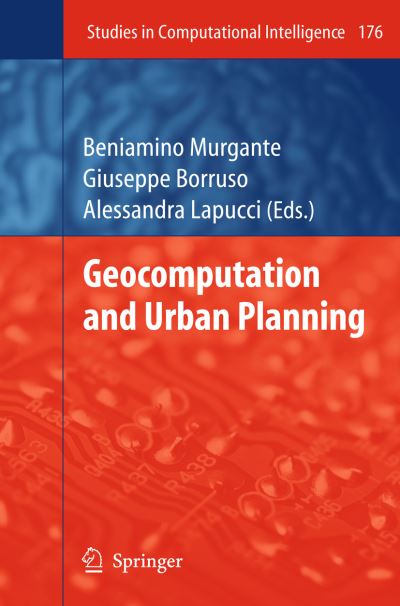
Sixteen years ago, Franklin estimated that about 80% of data contain geo-referenced information. To date, the availability of geographic data and information is growing, together with the capacity of users to operate with IT tools and instruments. Spatial data infrastructures are growing and allow a wide number of users to rely on them. This growth has not been fully coupled to an increase of knowledge to support spatial decisions. Spatial analytical techniques, geographical analysis and modelling methods are therefore required to analyse data and to facilitate the decision process at all levels. Old geographical issues can find an answer thanks to new methods and instruments, while new issues are developing, challenging researchers towards new solutions. This volume aims to contribute to the development of new techniques and methods to improve the process of knowledge acquisition. The Geocomputational expression is related to the development and the application of new theories, methods and tools in order to provide better solutions to complex geographical problems. The geocomputational analysis discussed in this volume, could be classified according to three main domains of applications; the first one related to spatial decision support system and to spatial uncertainty, the second connected to artificial intelligence, the third based on all spatial statistics techniques.
| ISBN: | 9783642100659 |
| Publication date: | 28th October 2010 |
| Author: | Beniamino Murgante, Giuseppe Borruso, Alessandra Lapucci |
| Publisher: | Springer an imprint of Springer Berlin Heidelberg |
| Format: | Paperback |
| Pagination: | 281 pages |
| Series: | Studies in Computational Intelligence |
| Genres: |
Geographical information systems, geodata and remote sensing Urban communities Sociology Human geography Regional geography Maths for engineers Artificial intelligence |